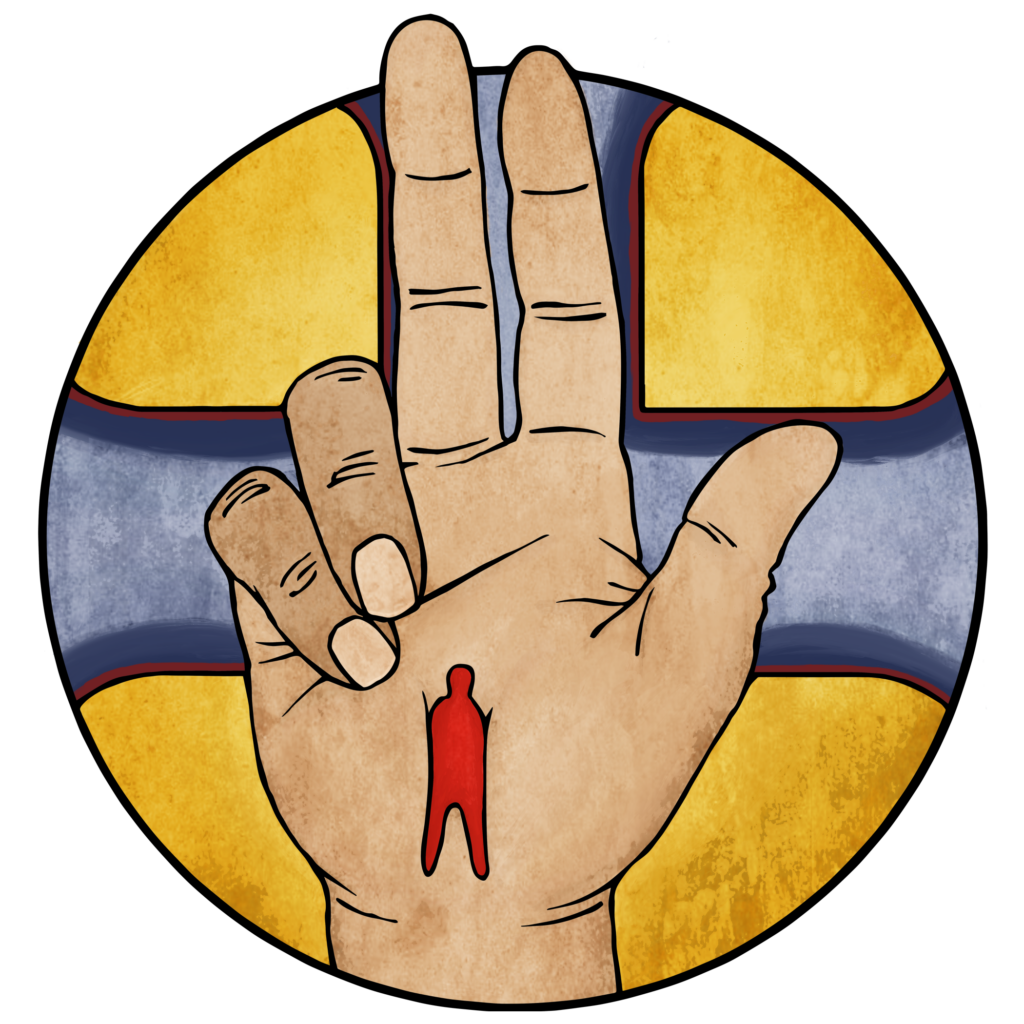By Martha Brunn Ulmer
Jenny wore long-sleeved sweaters and ankle length pants to school, always, no matter what the weather. She slipped along the fringes of the crowd as students passed from one class to another, carefully avoiding bodily contact with others. She hurried to duck into a classroom before the door was closed. If she happened to be a few seconds late and found herself forced to open a door, she’d pull down the sleeve of her sweater to cover her hand before touching the doorknob. In the restroom, Jenny scrubbed her hands at least three times, both before and after using the toilet. At lunch Jenny always sat apart from others, and she never let her food or her hands touch the table.
Jacob was unpredictable. Some days he’d come to school and keep all his classes in an uproar with his antics. He would speak out of turn, laugh loudly, and brag about his grades or his plans for the weekend. Occasionally Jacob would explode in a temper, surprising everyone with how quickly his anger spiked. But the next day he might show up late, slump unresponsively in his chair during classes, and speak hardly a word all day.
Kids gave Aubrey lots of space. She was odd…she didn’t make much eye contact, for one thing. Somehow it seemed she was never on the same page, conversationally, with other people. And she could often be heard talking to herself or to someone who wasn’t there. Was she hearing voices?
Do you know a Jenny, a Jacob, or an Aubrey? You probably do. Jenny has a mental illness called obsessive compulsive disorder. Jacob is bi-polar, and Aubrey suffers from schizophrenia. These are just a few examples of the serious mental illnesses that are found in the teen population today. People with these conditions often struggle just to accomplish daily tasks.
Jenny spends so much time washing that she has trouble getting her homework done. Her hands are raw and red all the time, but she is compelled to continue scrubbing them. When Jacob is in his depressive state, even starting his homework can be a huge undertaking. And the voices keep Aubrey so busy; she often can’t even hear what the teacher is saying.
Serious mental illness is not the same thing as having mood swings or a quirky personality. Mental illness is just that—an illness—just as cancer or diabetes is an illness. There can be chemical and even physical abnormalities in the brain that cause these conditions. Jacob doesn’t swing from extreme highs to extreme lows because he wants to or because he likes to keep people guessing who he’ll be from day to day. He has a chemical imbalance. Aubrey does hear voices, and to her they are very real. If you could be inside Aubrey’s head, you’d hear those voices, too.
Many mental illnesses can be treated with medications. These drugs are often helpful in relieving symptoms, but the side-effects are sometimes very difficult to live with. Other treatments such as cognitive behavioral therapy, interpersonal therapy, and support groups can also be effective.
Being diagnosed with a serious mental illness does not indicate a lack of faith or a specific sin. People with mental illness sin just as we all do, but their condition is not the result of something in particular they did wrong. People with mental illness cannot simply decide to change their behavior and act more “normal.” They cannot WILL themselves to be healthy, any more than a diabetic can will himself to produce insulin. Neither is mental illness the result of a bad upbringing. Many people with these problems come from loving Christian families in which the parents did everything they could to raise their children well.
So, how should you treat the Jennys, Jacobs, and Aubreys in your school or church? Certainly, we know from Jesus’ own words that we should love them. “And he has given us this command: Whoever loves God must also love his brother” (1 John 4:21). Compassion is always appropriate. Kindness is always correct. Speak to them; listen to them, even if they don’t seem to be making sense. The teen with serious mental illness is simply a teen with an extra burden to carry. He has all the same wants and needs you do, and an offer of friendship is always a good thing.
It is also important to become educated about the issue of serious mental illness. The more you understand about the different diseases, symptoms, and appropriate responses to them, the better able you will be to befriend someone who suffers from mental illness.
Mental illness is not something to be whispered about or laughed at. It is a human condition requiring and deserving the same understanding support Christians offer to anyone with any illness or difficulty. Let the teen you know who deals with this problem realize that you pray for him and care about his welfare. Above all, share the Gospel of God’s love and salvation through His Son, Jesus Christ. That’s the very best news you can give anyone.
Martha Brunn Ulmer is the mother of five adult children, one of whom experiences serious mental illness. She is a freelance writer and is currently collaborating on a mental illness task force within the LCMS. She and her husband Robert live in Olathe, KS.
This article was originally published in the 2004 summer issue of Higher Things Magazine but we believe that Martha’s straightforward advice is more applicable today than ever.

